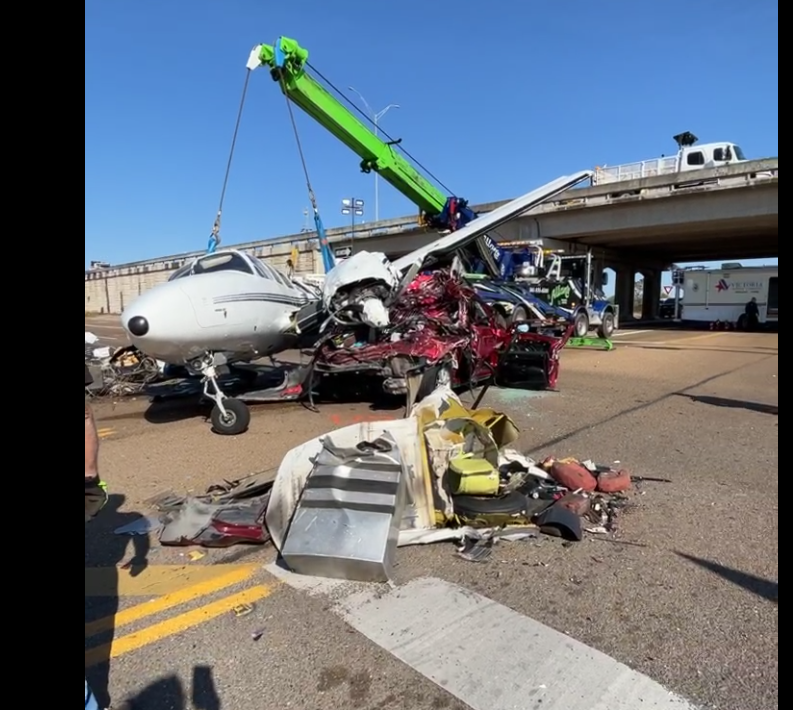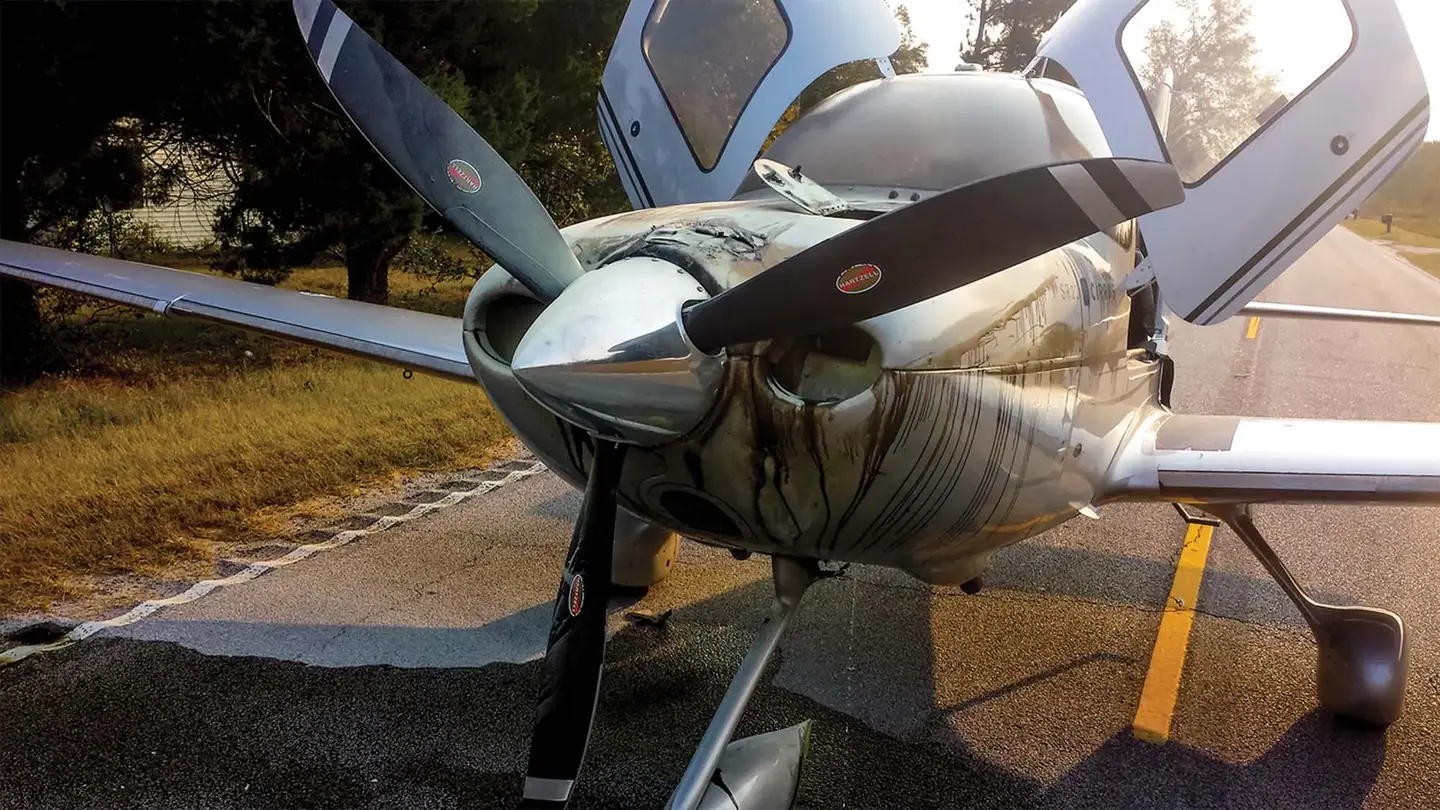AVmail: January 12, 2015
Robert Mahoney writes: “I’m sure the FOs can work remotely – but why? The airline is still paying the FO’s salary. Additionally, how will the FO get stick time? The incidental expenses the airlines saves by keeping the FO home likely won’t pay the legal settlement the next time a PIC is incapacitated on duty or the remote FO screws up the landing. Considering the seemingly higher number of accidents per flying hour of UASs compared to manned aircraft, will the PICs trust their FOs to land? The PIC, like the passengers, will be a drone occupant when the FO has the controls. What FO would want to become a drone pilot? It seems like a bad idea all the way around, so I expect it’ll happen.” Click through to read other mail from AVweb readers.
Letter of the Week:
First Officers on the Ground
I'm sure the FOs can work remotely - but why? The airline is still paying the FO's salary. Additionally, how will the FO get stick time? The incidental expenses the airlines saves by keeping the FO home likely won't pay the legal settlement the next time a PIC is incapacitated on duty or the remote FO screws up the landing.
Considering the seemingly higher number of accidents per flying hour of UASs compared to manned aircraft, will the PICs trust their FOs to land? The PIC, like the passengers, will be a drone occupant when the FO has the controls. What FO would want to become a drone pilot?
It seems like a bad idea all the way around, so I expect it'll happen.
Robert Mahoney
I think the economics will drive the industry toward single-pilot airliners, and most likely also drone airliners. These economics will be supported by evidence of how automation and ground support can cover any eventuality. Only history will tell if this will be the right decision.
If I am not mistaken, the Apollo missions had thousands of pages of "what if" scenarios, but without the astronauts on board several would not have returned.
In an operating crew, much of the communication is non-verbal, so datalink/radio communications with the second pilot on the ground will need attention or most of the message will be lost. That might not be important in "standard" failures, but complex incidents are never "standard."
How to recover from a situation which is "not in the books" will be the biggest challenge when there's nobody on board but paying passengers. That, and who will take responsibility.
Mauro Hernandez
Regardless of technology, who is responsible should the captain become incapacitated and the remote First officer does not have the full picture or is unable to cope with an emergency? After all, the first officer is not going to die should the situation go from bad to worse. I won't be flying on that aircraft. It takes too much faith in technology. It's time for common sense.
The same logic applies to drone technology and operations, which is what the airliner has now become under this concept. Let's not get sucked in by the marketers and the need for a market for new technology.
Dave Yoder






